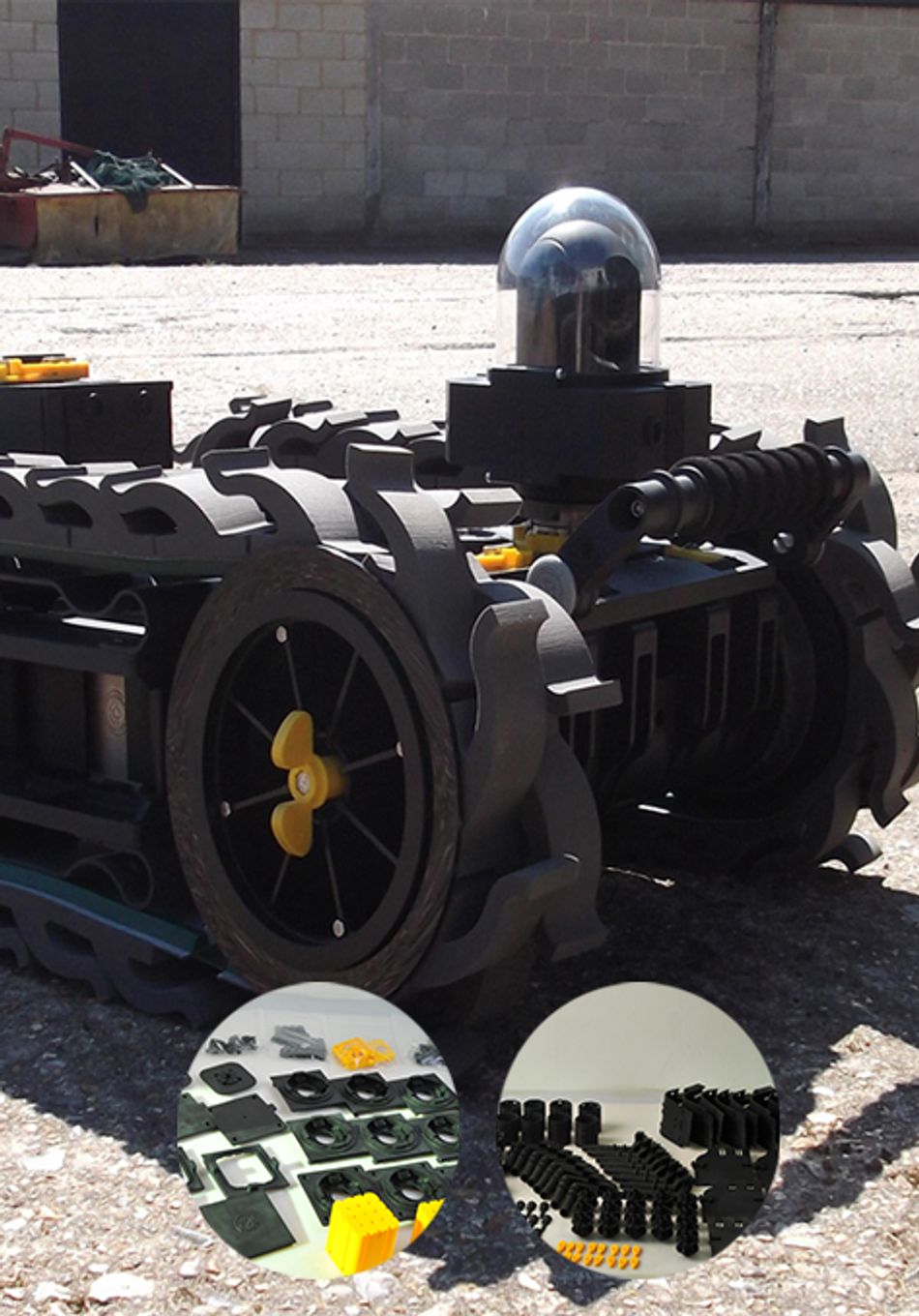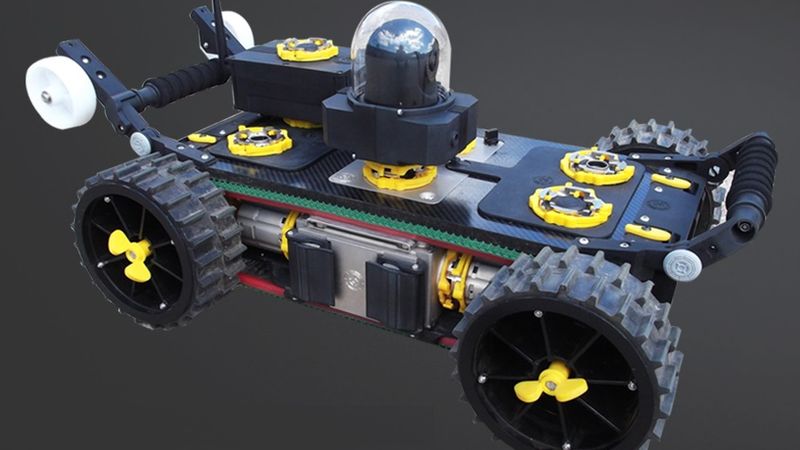Robot Case From Concept to Reality
Ross Robotics is currently finalizing development of the Scale 2.0 robot platform, which are currently being used in the nuclear industry and are being adapted for use in oil & gas and in intensive agriculture. The company came to RPWORLD for assistance in developing customized products.
Client Background
Ross Robotics is a privately owned UK company specializing in modular robotics. The company was formed in 2015 and has successfully developed the technologies underpinning the modular robotics platform. These technologies are applicable both to robotics and beyond, and are protected by over 30 granted patents.
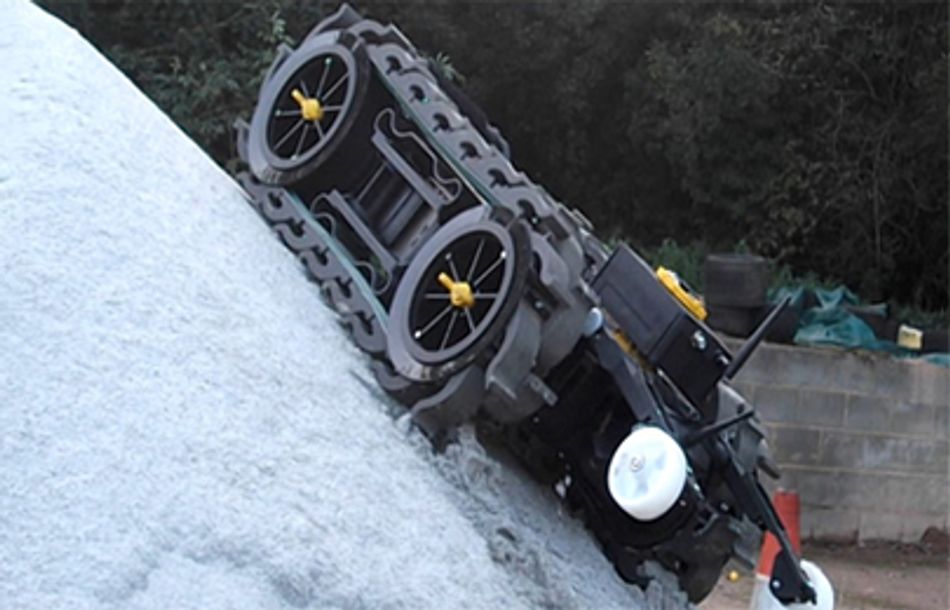
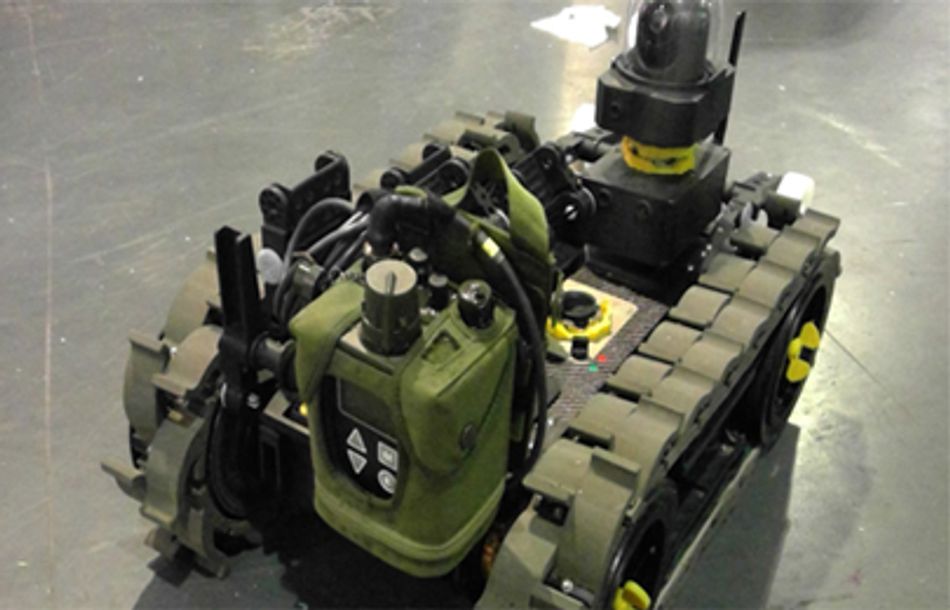
Project Background
Ross Robotics is currently finalizing development of the Scale 2.0 robot platform, which are currently being used in the nuclear industry and are being adapted for use in oil & gas and in intensive agriculture.
Early in 2009, the company came to RPWORLD for assistance in developing customized products. The product characteristics are a complex structure, the requirement for real/solid colour, and materials that have specific mechanical performance characteristics. The parts initially produced as prototypes will also be used as finished product. The demand per batch is dozens of sets with a design that can require modifications to respond to changing market needs.
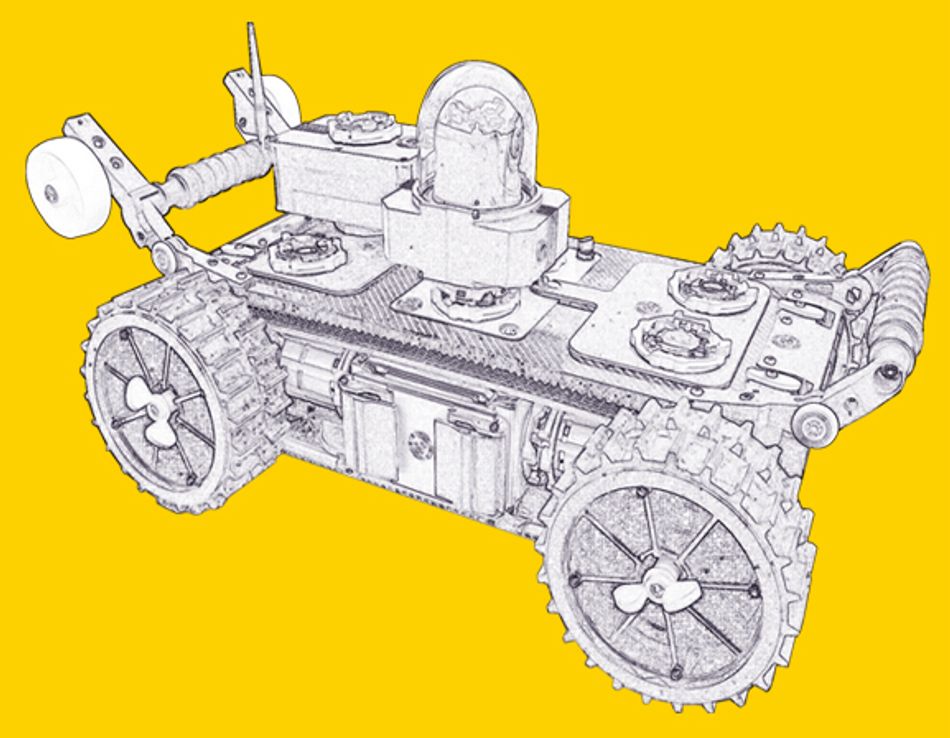
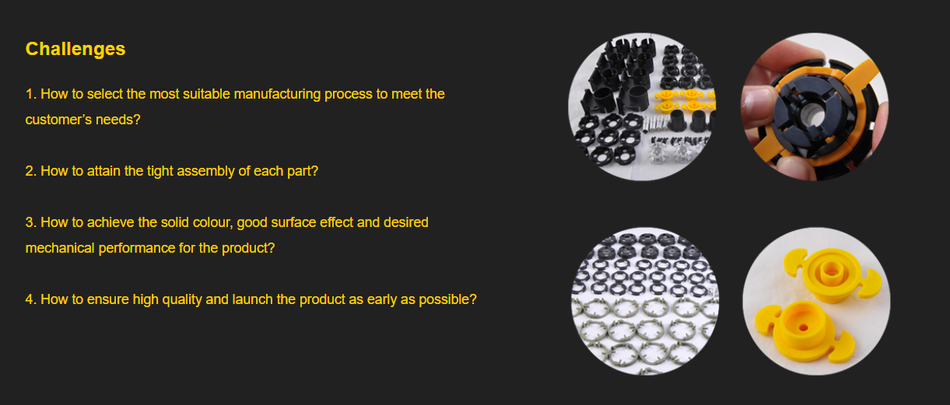
RPWORLD Solution
1. PROCESS SELECTION:
Combine SLA, urethane casting and CNC milling. Due to product structure constraints, CNC machining is not a viable option as the cost for a typical batch would be over $100,000 and most of the parts need to be redesigned. Moreover, the process is not suitable for small batch requirements.
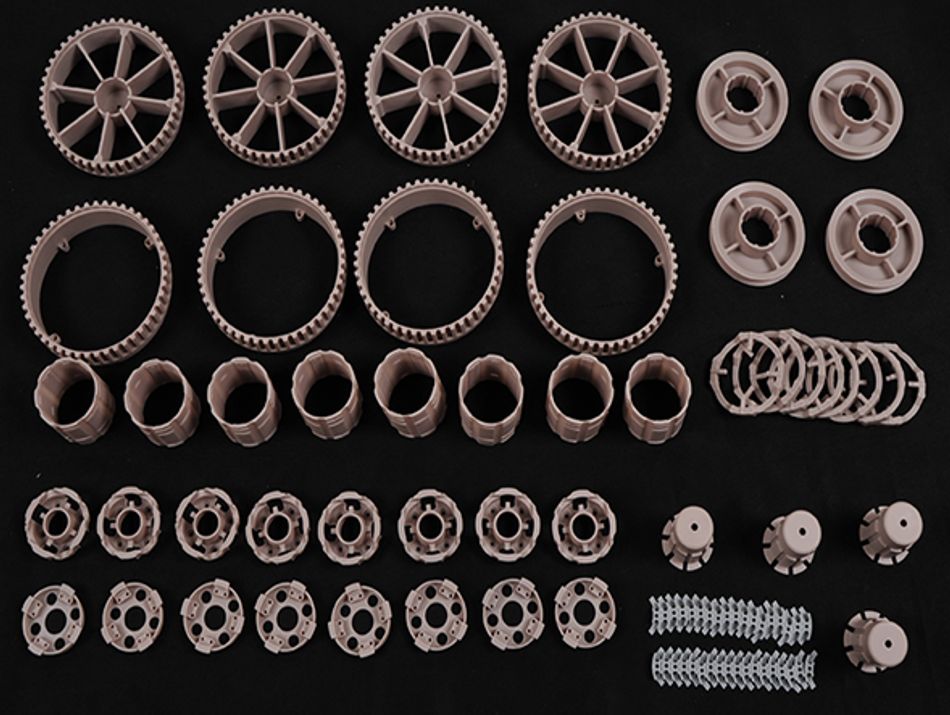
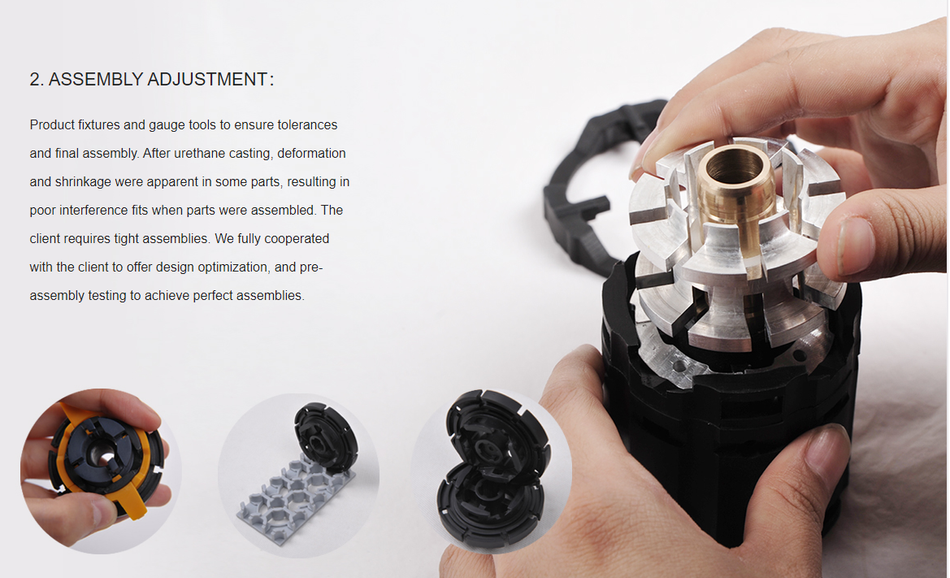
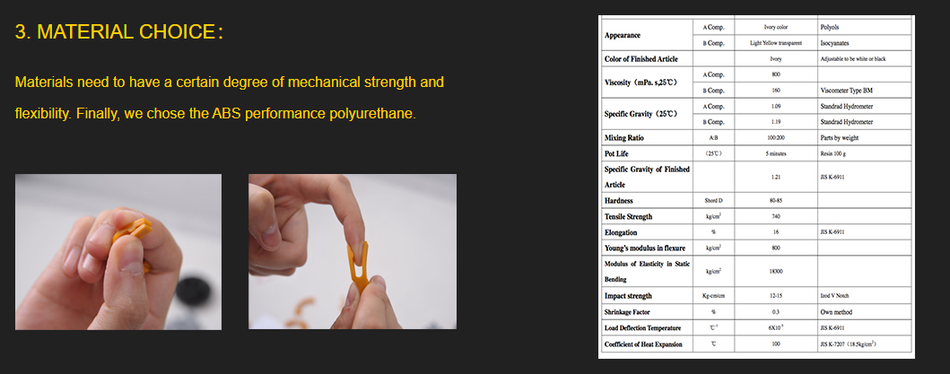
4. COLOR ADJUSTMENT:
All the colors are adjusted according to Pantone color code, with solid color.
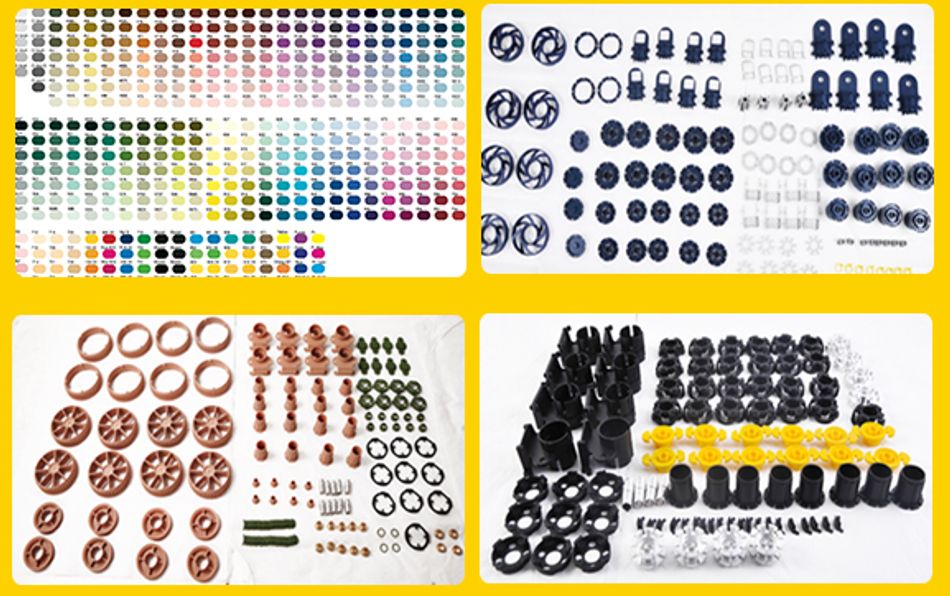
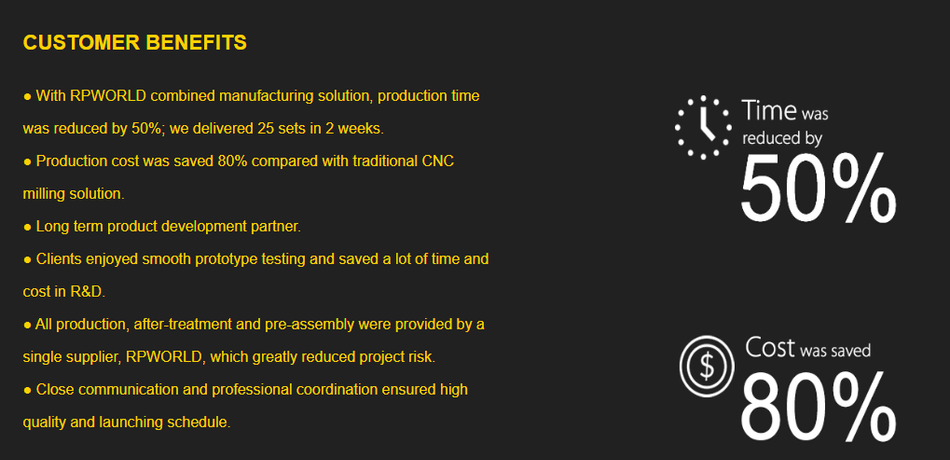
POSTSCRIPT NOTE
We completed this project through cooperation with SIEMENS, who provided software support. RPWORLD provided hardware (housings and other components) support.
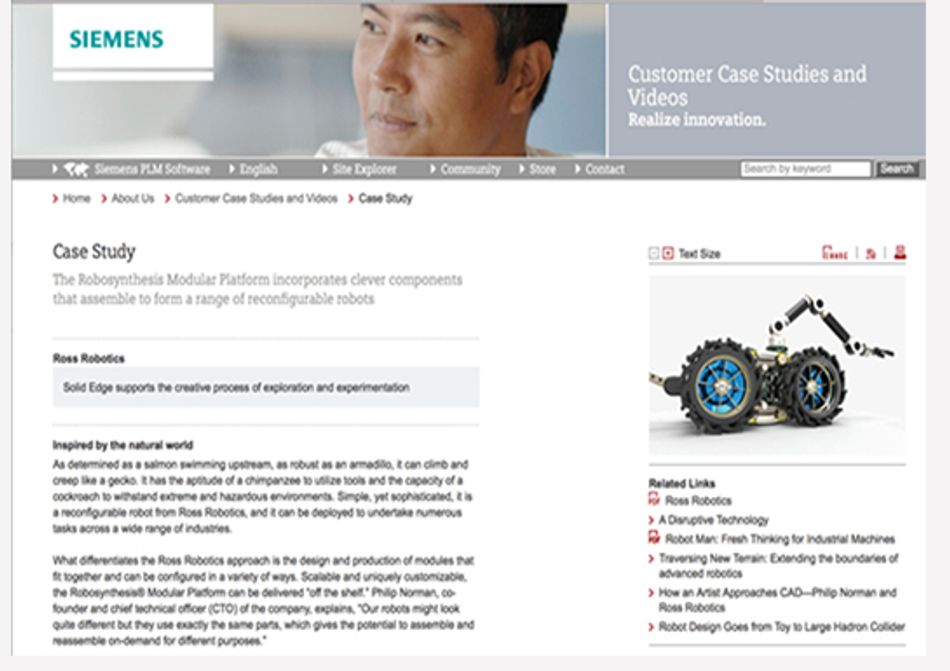
TESTIMONIALS
We have been working with RPWORLD since 2009. This continuity means that there is a two-way understanding of how both companies operate, both at the technology level and at the organizational level, therefore few surprises about lead-times, quality and results are very consistent. Turn around of projects is very fast and few technical challenges are considered impossible. This is crucial for a small, innovative technology company. RPWORLD has itself grown and changed in these nine years and now has the ability to scale production (for example tool-making and plastics injection) as requirements evolve. This is a valuable factor when planning future development work.
Philip Norman
Co-Founder, Ross Robotics
